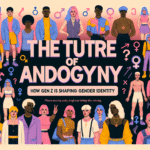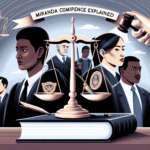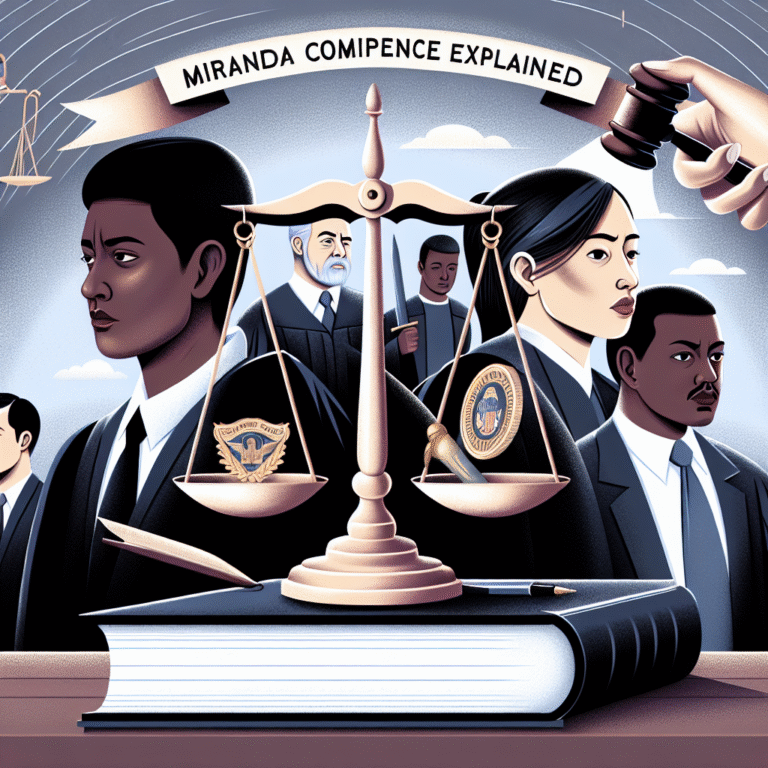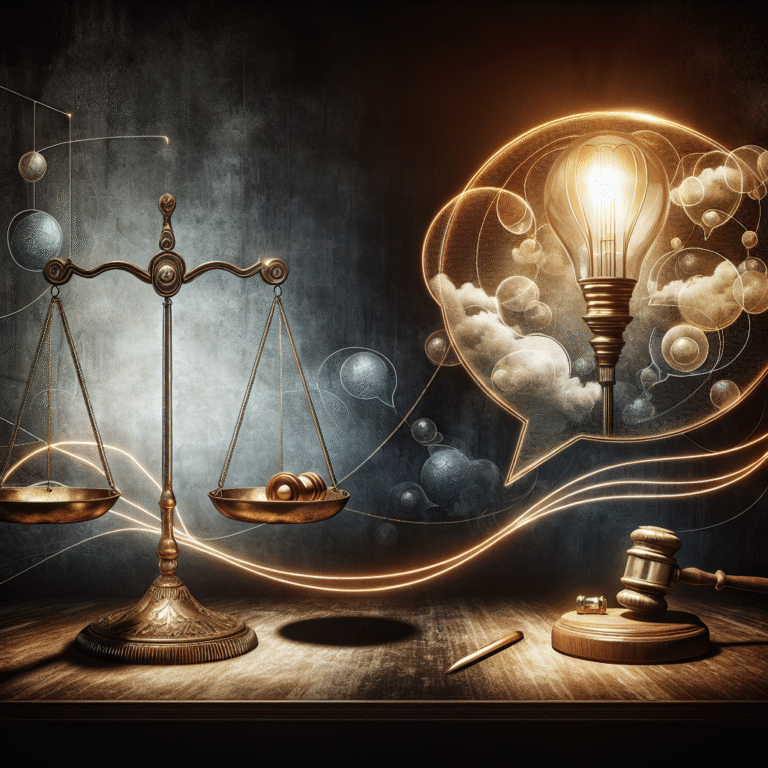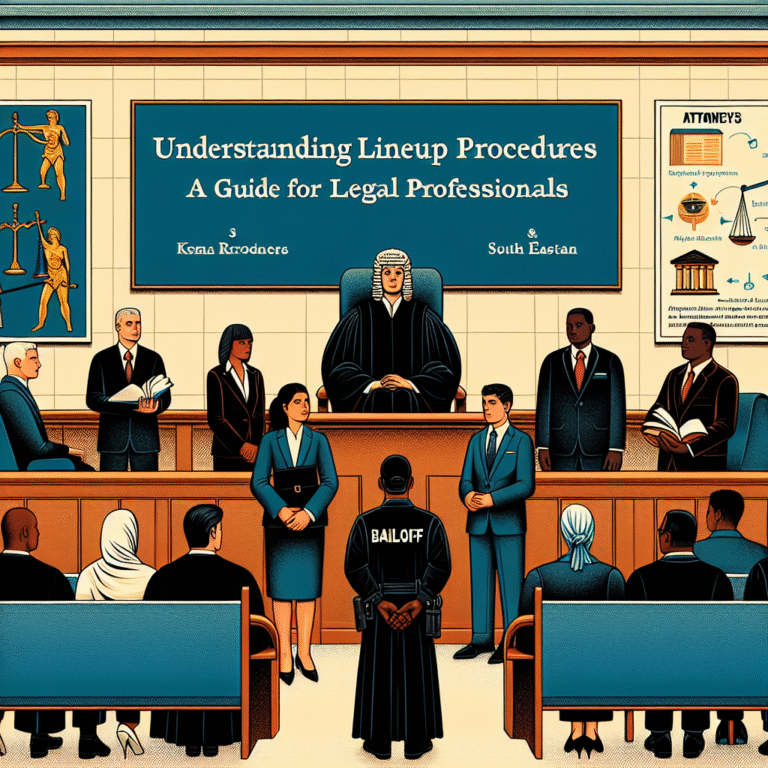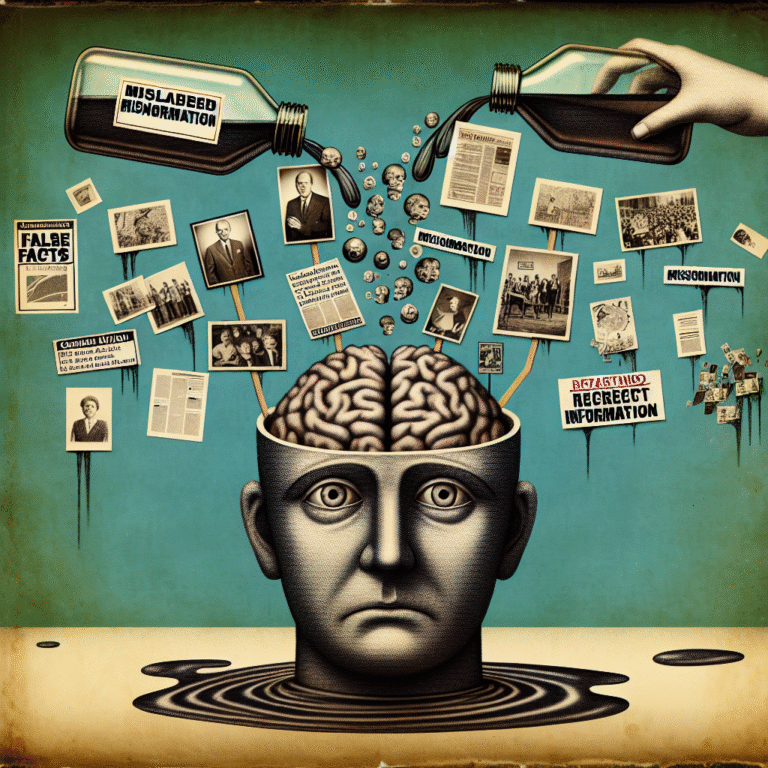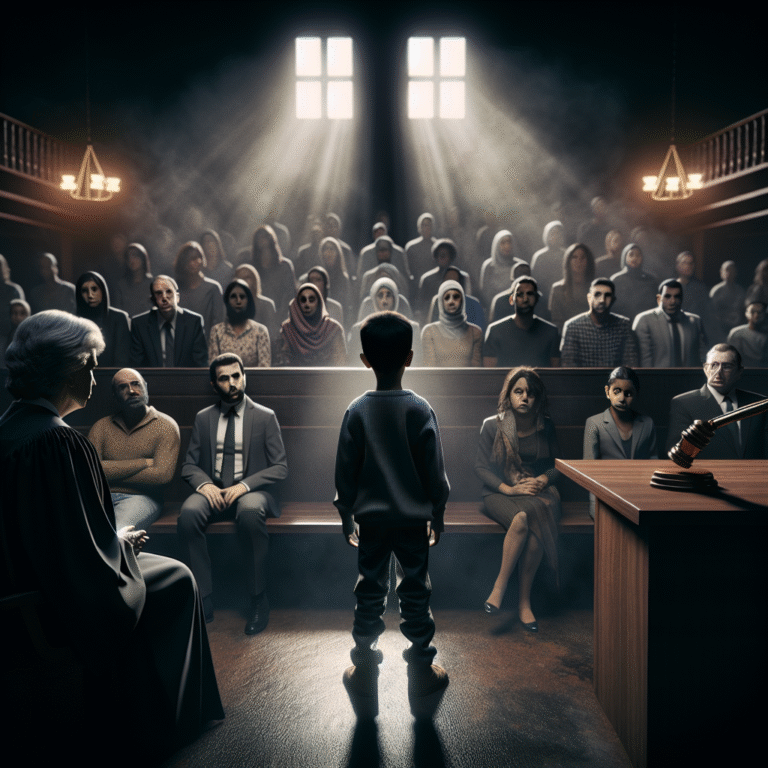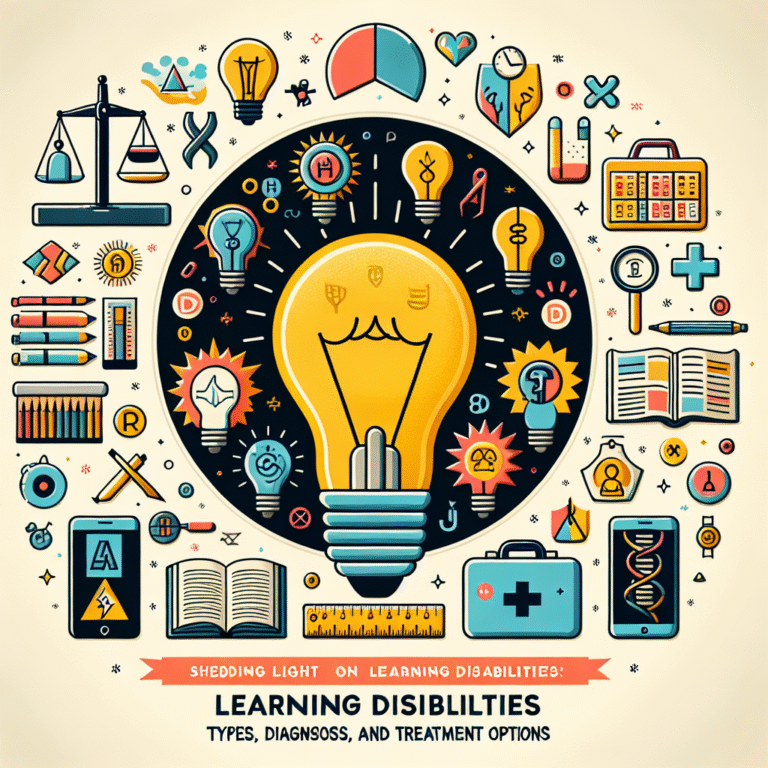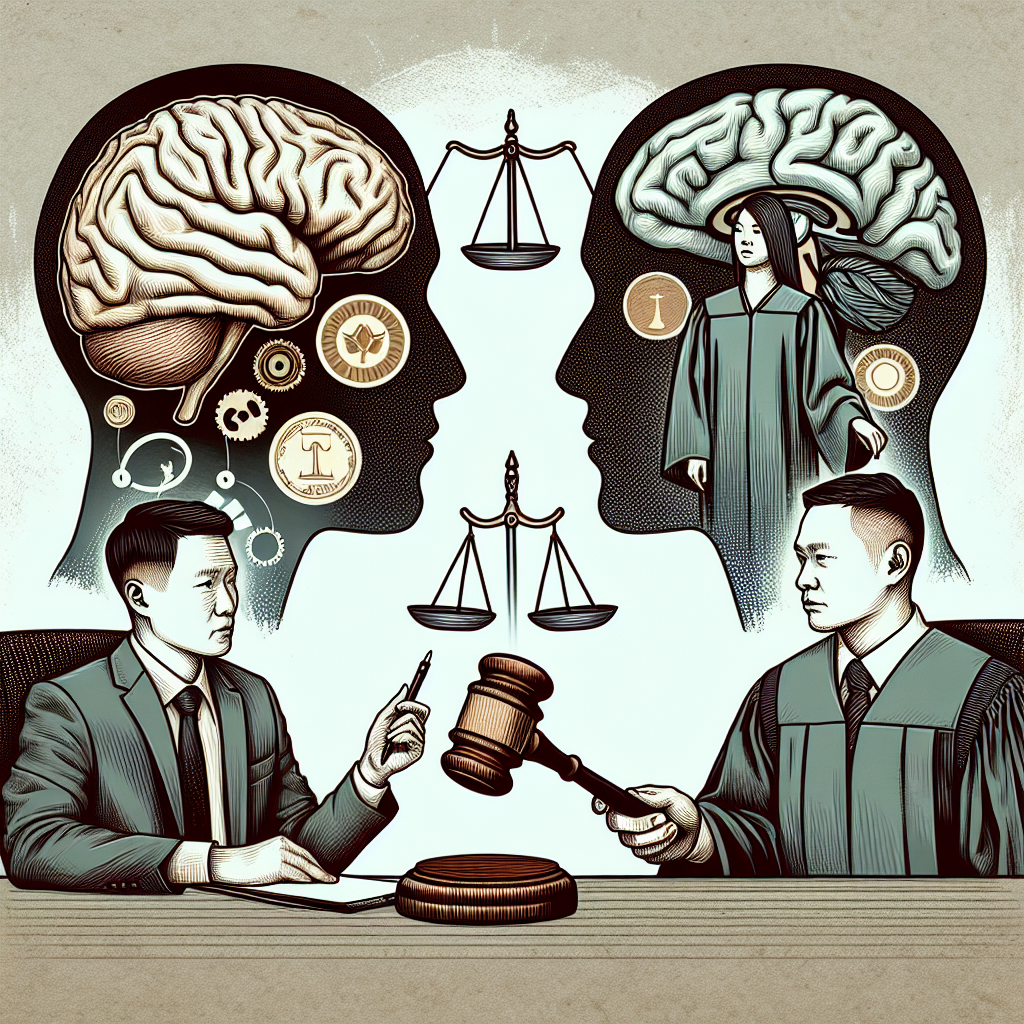
Introduction
In a world where courtroom battles seal fates, where every word can sway a jury, trial consulting stands at the thrilling intersection of psychology and law. It’s a domain where understanding human behavior meets the rigorous demands of the legal process. As trials become more complex and juror biases harder to navigate, trial consultants emerge as essential allies to legal teams aiming for justice. This article, "The Intersection of Psychology and Law: Trial Consulting Explained," will delve into the intricacies of trial consulting, offering you insights, case studies, and actionable takeaways, ensuring you’re well-equipped to appreciate this fascinating field.
The Foundation of Trial Consulting
What is Trial Consulting?
Trial consulting involves applying psychological principles to legal processes, assisting attorneys in preparing for trial. It encompasses various strategies, including jury selection, witness preparation, and developing persuasive argumentation techniques. A trial consultant leverages a deep understanding of human behavior to inform legal strategies, making the intersection of psychology and law truly essential.
The Role of Psychologists in Legal Settings
Psychologists in the context of trial consulting aren’t just therapists; they possess specialized training that allows them to analyze juror behavior and perceptions. They evaluate the psychological factors influencing jury decisions, which is crucial for any legal strategy. Psychologists employed as trial consultants often hold advanced degrees and have expertise in areas such as social psychology, cognitive psychology, and behavioral science.
Key Areas of Focus
- Jury Selection: Utilizing methods like focus groups and surveys to understand how different demographics may perceive case details.
- Persuasive Communication: Crafting arguments and messages that resonate with juror values and emotions.
- Witness Preparation: Ensuring that witnesses present themselves convincingly and remain composed under pressure.
Case Studies: Real-World Applications of Trial Consulting
1. The O.J. Simpson Trial
One of the most publicized cases, the O.J. Simpson trial (1994-1995), showcased the profound implications of trial consulting. The defense team employed trial consultants who helped strategize the trial’s narrative, focusing on racially charged issues and public sentiment. This case highlighted the power of understanding juror biases—both racial and societal—that ultimately influenced the jury’s verdict.
Analysis: The O.J. Simpson trial underscores how vital it is to grasp the psychological undercurrents at play in a jury’s decision-making process. Trial consultants used social psychology to understand how presentation styles can dramatically alter juror perceptions.
2. The Casey Anthony Case
In a case marked by media frenzy, Casey Anthony’s defense utilized trial consulting to shape public opinion and juror bias. Consultants helped develop narratives that emphasized reasonable doubt, crafting a story that resonated on emotional levels.
Analysis: This case illustrates the intersection between trial strategy and public sentiment. The effectiveness of prepared messaging can create a substantial impact on jury outcomes.
3. The Unabomber Trial
In the prosecution of Ted Kaczynski, trial consultants played a crucial role in framing Kaczynski’s mental state. By analyzing jury profiles, consultants assisted in portraying him as not just a criminal but as a complex individual driven by ideology.
Analysis: The Unabomber case highlights the effective use of psychological insights to construct narratives that humanize—or dehumanize—defendants, demonstrating the potent power of story in legal battles.
The Psychological Tactics in Trial Consulting
Understanding Jury Psychology
At the heart of trial consulting lies a profound understanding of jury psychology. Research indicates that jurors are swayed by various factors, including:
- Cognitive Bias: Preexisting beliefs and attitudes can heavily influence jury perceptions.
- Emotional Appeals: Jurors often connect with stories on an emotional level, making it essential to craft persuasive narratives.
- Group Dynamics: The interplay among jurors can lead to conformity, potentially leading individuals away from their initial beliefs.
The Importance of Mock Trials
Mock trials serve as an invaluable tool in trial consulting. These simulated juries allow lawyers to test strategies and gauge potential jury reactions. Consultants can provide feedback on:
- Arguments: Identifying which points resonate and which fall flat.
- Witness Delivery: Training witnesses to present more effectively.
- Visual Aids: Assessing the effectiveness of evidence presentation.
| Strategy | Purpose |
|---|---|
| Jury Selection | To identify demographics that may be favorable or unfavorable |
| Mock Trials | To test arguments and refine messaging |
| Focus Groups | To gauge reactions on potential narratives |
Common Misconceptions about Trial Consulting
Myth 1: Trial Consultants are Just Legal Advisors
While trial consultants provide insights on legal strategies, their primary focus lies in understanding psychological factors. Their role is distinct from typical legal advisors; they apply behavioral science knowledge to enhance legal outcomes.
Myth 2: Trial Consulting is Only for High-Profile Cases
Many assume that trial consulting is an exclusive resource for high-profile cases. In reality, legal teams of all sizes benefit from the insights provided by trial consultants, making this practice widely applicable to various types of cases.
Myth 3: It’s All About Manipulation
Some critics argue that trial consulting involves manipulation or deceit. However, the goal is to present facts compellingly and persuasively while maintaining ethical standards. Understanding psychology isn’t about tricking jurors—it’s about effective communication.
Best Practices in Trial Consulting
The Six Principles of Influence
Drawing on Robert Cialdini’s principles of influence can be potent in trial consulting. These principles include:
- Reciprocity: Jurors may feel obligated to favor the side that presents compelling evidence or arguments.
- Commitment and Consistency: Once jurors commit to a viewpoint, they are likely to maintain that stance throughout the trial.
- Social Proof: Demonstrating that others (especially influential figures) support your claims can sway jurors.
- Authority: Establishing credibility through expert testimonies can significantly impact perceptions.
- Liking: Jurors are more likely to favor attorneys and defendants they feel a connection with.
- Scarcity: Emphasizing limited opportunities (e.g., unique evidence) can heighten juror interest.
Crafting Effective Storytelling Strategies
The stories told in court can make all the difference. By employing narrative strategies, lawyers can enhance juror engagement. Key approaches include:
- Character Development: Presenting relatable characters (witnesses) who can evoke empathy.
- Conflict: Establishing a clear conflict helps to frame the stakes of the case.
- Resolution: Offering a satisfying resolution helps jurors feel that justice can be served.
Conclusion
The intersection of psychology and law through trial consulting creates opportunities for more informed and equitable outcomes in the legal system. As we’ve explored, trial consulting encompasses a range of psychological insights and strategies that enhance courtroom persuasion. From matters of jury selection to crafting compelling evidence narratives, the role of trial consultants is proving indispensable.
Ultimately, understanding that human behavior plays a crucial role in decision-making can equip legal teams with tools to advocate more effectively. As you navigate this fascinating intersection, remember: the power of psychology can not only shape the strategies you employ but also the outcome of justice itself.
FAQs
1. What qualifications do trial consultants typically have?
Trial consultants often hold advanced degrees in psychology and have specialized training in both legal processes and behavioral science.
2. How do trial consultants aid in jury selection?
They conduct extensive research on potential jurors to identify biases and attitudes, assisting legal teams in making informed selections.
3. Are trial consulting services available to all types of cases?
Yes! Trial consulting services are beneficial across various cases, not just high-profile or complex trials.
4. Is trial consulting ethically sound?
Yes, trial consulting emphasizes ethical practices, focusing on enhancing communication rather than manipulation.
5. How can I find a reputable trial consulting firm?
Research firms that have qualifications in both psychology and law, and seek testimonials or case studies that demonstrate their success.
In this exploration of "The Intersection of Psychology and Law: Trial Consulting Explained," we aim not only to inform but also to inspire appreciation for the complex interplay of psychology and the law. Whether you’re a legal professional, a student, or merely intrigued by the world of trials, understanding this intersection opens doors to new perspectives—and perhaps a better grasp of justice.


